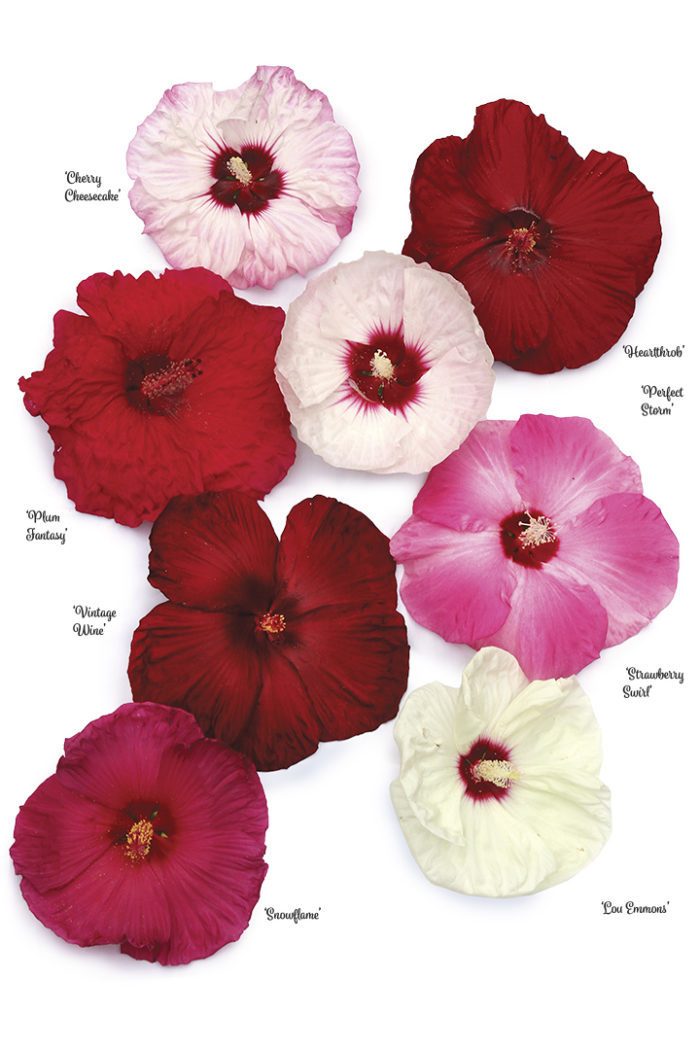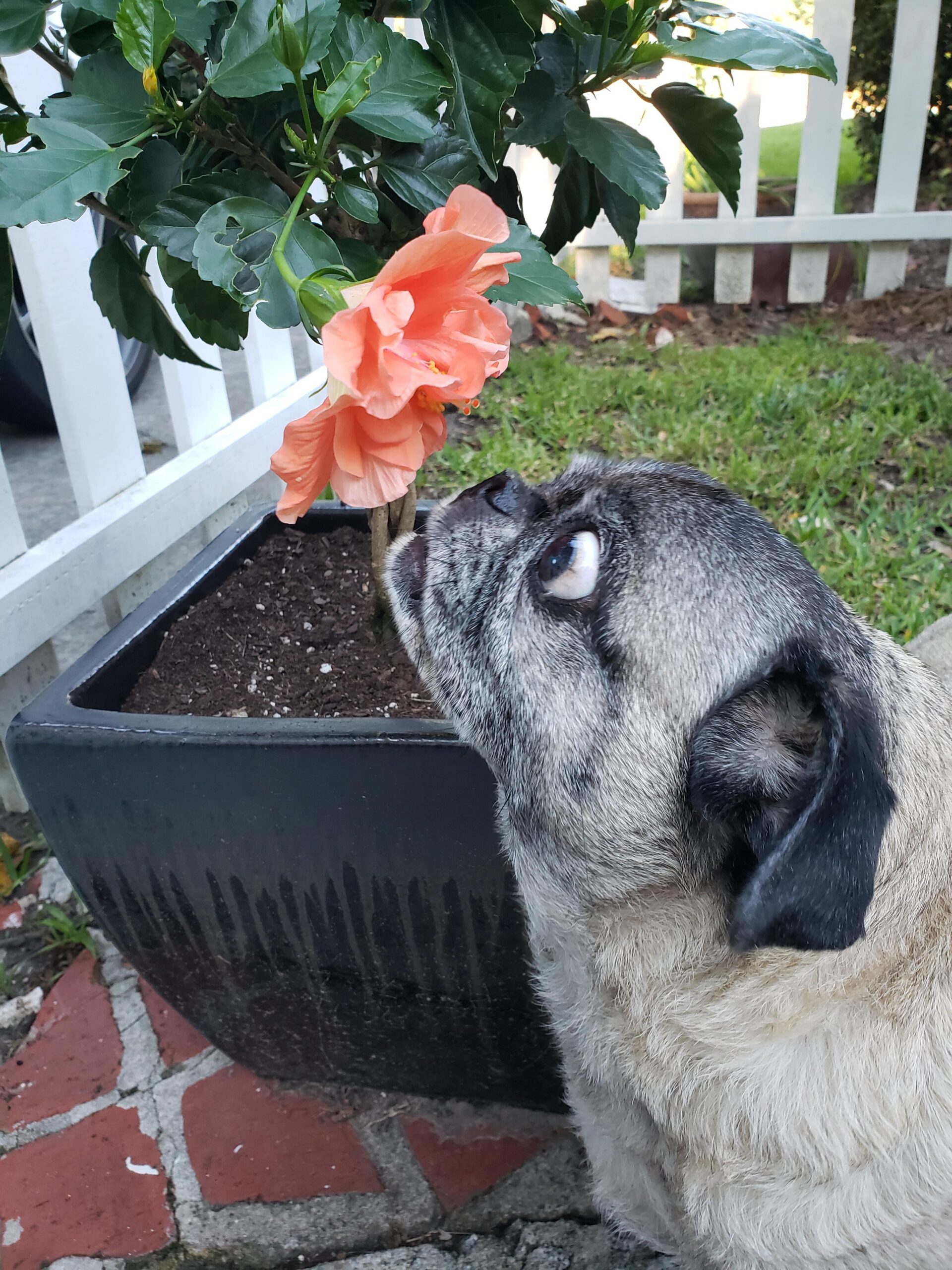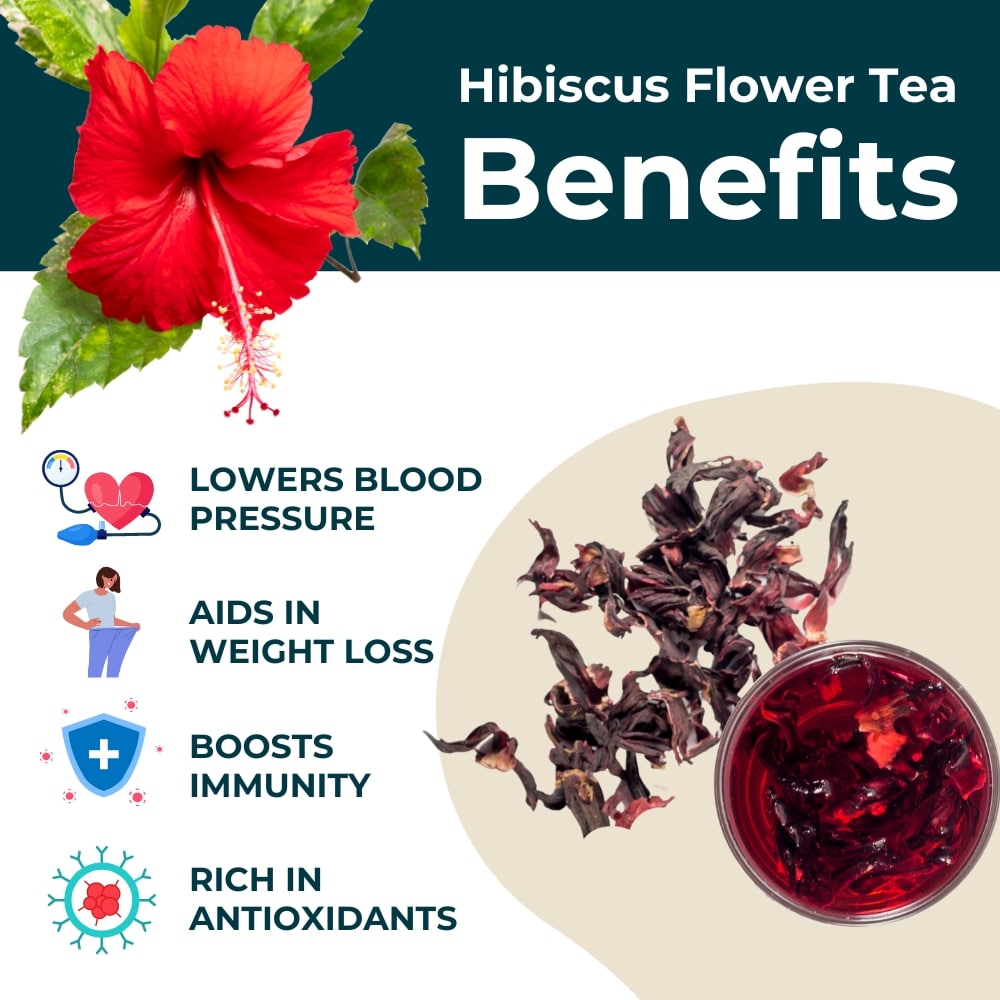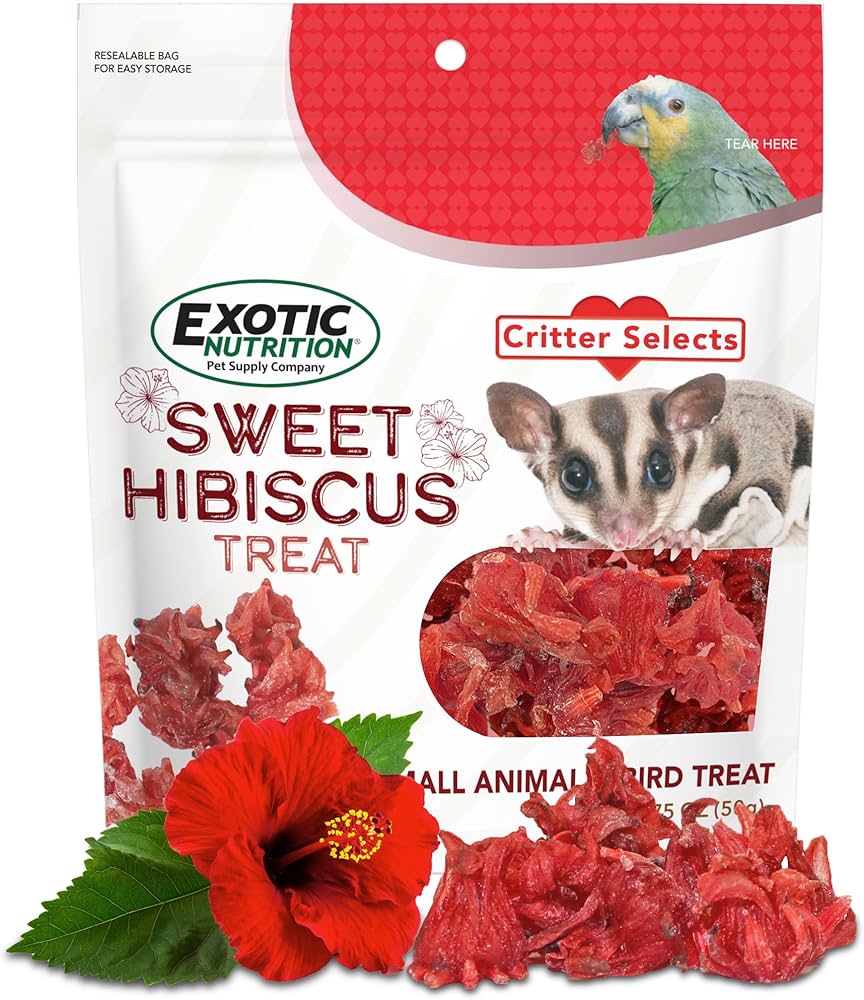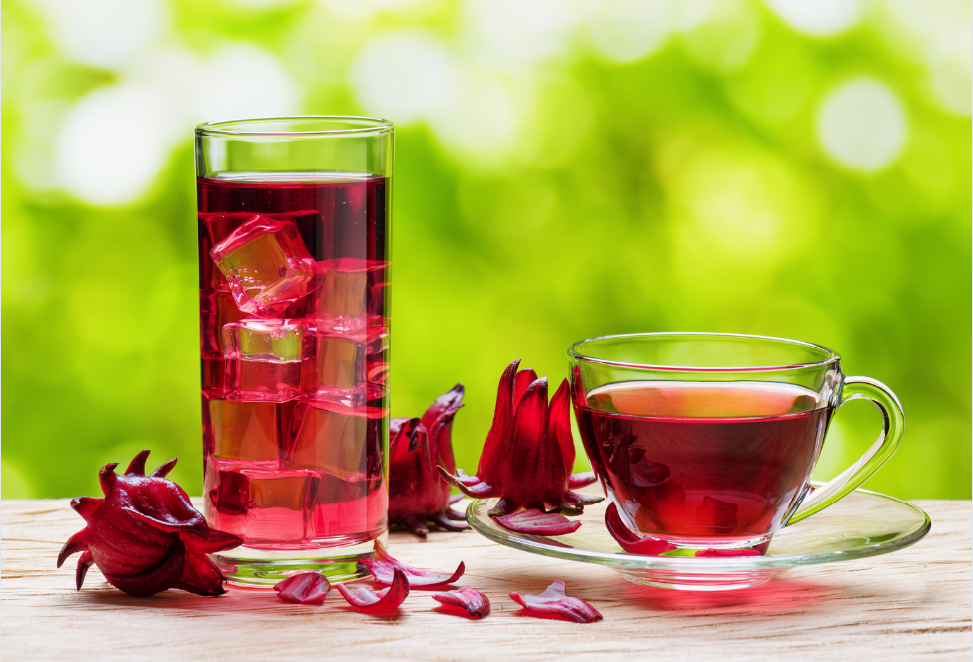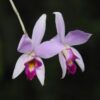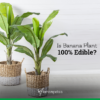Key Takeaways
- Most hibiscus varieties are non-toxic to cats and dogs, but ingestion in large amounts can lead to stomach upset.
- Identify safe hibiscus types like the Chinese hibiscus and Rose of Sharon to ensure pet safety.
- Pets may be drawn to hibiscus due to its bright flowers, but owners should monitor their interactions.
- Hibiscus tea is safe for humans and offers health benefits, but should not be given to pets.
- Proper care of hibiscus plants involves ensuring bright, indirect sunlight and regular watering.
Hibiscus plants are a beautiful addition to any garden or home. Their vibrant flowers can brighten up a space and provide a tropical feel. But as a pet owner, it’s essential to know whether these plants are safe for your furry friends. The good news is that most hibiscus varieties are considered non-toxic to pets, according to the ASPCA. However, there are a few considerations to keep in mind.
Hibiscus Safety for Pets and Humans
“Most hibiscus varieties are safe for pets, but ingestion in large amounts could cause stomach upset.” – ASPCA
Hibiscus plants, with their wide range of species, generally pose no severe threat to pets. This makes them a popular choice for homes with animals. However, as with any plant, moderation is key. Pets nibbling on these plants occasionally might be fine, but consuming large quantities can lead to mild gastrointestinal discomfort. Therefore, it’s always wise to monitor your pets around these plants.
For humans, hibiscus offers an entirely different set of benefits. Many people enjoy hibiscus tea, which is made from certain types of hibiscus flowers. This tea is not only delicious but also packed with antioxidants and other nutrients beneficial for human health.
“Fine Gardening” from www.finegardening.com and used with no modifications.
Identifying Safe Hibiscus Varieties
When choosing hibiscus plants for a pet-friendly home, it’s crucial to know which varieties are safe. The most common and safe types include the Chinese hibiscus (Hibiscus rosa-sinensis) and the Rose of Sharon (Hibiscus syriacus). These varieties are widely recognized as non-toxic to both cats and dogs.
It’s important to verify the specific type of hibiscus you are considering for your home. Always check with reliable sources or consult a local horticulturist if you are unsure about a plant’s safety. This simple step can prevent potential health issues for your pets.
Recognizing Potential Toxicity in Certain Types
While most hibiscus varieties are safe, some sources suggest that the “Rose of Sharon” may cause mild digestive issues in dogs if consumed in large amounts. Therefore, pet owners should remain vigilant and observe their pets’ behavior around these plants.
Moreover, it’s essential to keep in mind that individual pets may react differently. What might be harmless for one pet could potentially cause issues for another. If you notice any unusual behavior or symptoms in your pet after they’ve been near a hibiscus plant, consult a veterinarian promptly.
Behavior of Cats and Dogs Towards Hibiscus
Pets, especially cats and dogs, might be intrigued by the bright colors and unique shapes of hibiscus flowers. This natural curiosity can lead them to interact with the plants, sometimes by sniffing or nibbling on them. While this behavior is usually harmless, it’s essential to ensure your pets don’t consume large amounts of the plant. For more information on safe edible plants for pets, you can explore other non-toxic options.
Understanding your pet’s behavior can help you take preventive measures. For instance, placing hibiscus plants out of reach or using deterrents can discourage pets from getting too close. Regular observation and training can also go a long way in ensuring your pet’s safety around these beautiful plants. Additionally, you can explore the ASPCA non-toxic plants list to find other safe plant options for your home.
Understanding Pet Interactions with Hibiscus
Pets interact with plants for various reasons. Sometimes it’s out of curiosity, other times it might be due to boredom or a need for fiber in their diet. Understanding these motivations can help you manage their interactions with hibiscus plants.
By providing alternative forms of entertainment or dietary supplements, you can reduce the likelihood of your pets munching on your hibiscus plants. Additionally, training and positive reinforcement can teach your pets to avoid certain plants altogether.
“Butterbean! She loves hibiscus flowers …” from www.reddit.com and used with no modifications.
Why Pets May Be Attracted to Hibiscus
The bright and vibrant colors of hibiscus flowers can be quite attractive to pets. Cats and dogs are naturally curious creatures, and anything new or colorful in their environment might pique their interest. Besides that, the texture of the leaves and flowers might also appeal to some pets. For more information on ASPCA non-toxic plants, you can explore safe options for your furry friends.
Signs of Gastrointestinal Discomfort in Pets
If your pet has ingested a large amount of hibiscus, they might show signs of gastrointestinal discomfort. Common symptoms include:
- Vomiting
- Diarrhea
- Lethargy
- Loss of appetite
If you notice any of these symptoms, it’s crucial to contact a veterinarian immediately. Early intervention can prevent more severe health issues and ensure your pet’s well-being.
Utilizing Hibiscus in Human Diets
Hibiscus isn’t just a pretty plant; it’s a versatile ingredient in many diets around the world. Its flowers are used in a variety of culinary applications, from teas to salads. For centuries, hibiscus has been celebrated not only for its vibrant color but also for its potential health benefits. The most common use is in the form of hibiscus tea, a popular beverage known for its tangy flavor and health-promoting properties.
In many cultures, hibiscus is more than just a drink. It’s a symbol of hospitality and celebration. Its deep red hue makes it a favorite for festive occasions. But beyond its aesthetic appeal, hibiscus is packed with nutrients that can support overall health. It’s a plant that truly bridges the gap between beauty and utility. For those interested in pet-safe plants, you might want to explore the ASPCA non-toxic plants list.
“Hibiscus Flower Tea | Loose-Leaf Tea …” from teapro.co.uk and used with no modifications.
Making Tea from Hibiscus Varieties
Making hibiscus tea is a simple process that anyone can do at home. You can use fresh or dried hibiscus petals to brew a refreshing cup of tea. If you’re interested in exploring other ASPCA non-toxic plants, here’s how you can make your own:
- Gather fresh or dried hibiscus petals. If using fresh petals, ensure they are clean and free from pesticides.
- Boil water and pour it over the petals. Use about one tablespoon of dried petals or two tablespoons of fresh petals per cup of water.
- Let the petals steep for 5-10 minutes, depending on how strong you want the flavor.
- Strain the tea into a cup and add sweeteners or flavors like honey, mint, or lemon if desired.
Enjoy your homemade hibiscus tea hot or chilled. It’s a versatile drink that can be enjoyed year-round. Not only is it delicious, but it’s also a great way to incorporate more antioxidants into your diet.
Health Benefits of Hibiscus Tea for People
Hibiscus tea is renowned for its health benefits. It’s rich in antioxidants, which help combat free radicals in the body. These antioxidants can help reduce oxidative stress, potentially lowering the risk of chronic diseases. Additionally, hibiscus tea has been linked to improved heart health. Some studies suggest that it may help lower blood pressure and cholesterol levels, making it a heart-friendly beverage.
Moreover, hibiscus tea is a natural diuretic, which can aid in maintaining kidney health and reducing bloating. It’s also known for its anti-inflammatory properties, which can be beneficial in managing inflammation-related conditions. Overall, incorporating hibiscus tea into your diet can be a simple yet effective way to boost your health.
Caring for Hibiscus Plants
Caring for hibiscus plants involves understanding their specific needs. These plants thrive in warm climates and require a good amount of sunlight to flourish. Proper care ensures that your hibiscus plants remain healthy and vibrant, providing both aesthetic pleasure and potential culinary uses.
Optimal Growing Conditions and Tips
To grow hibiscus successfully, ensure they are placed in an area with bright, indirect sunlight. They prefer well-draining soil and should be watered regularly, especially during dry spells. However, be cautious not to overwater, as this can lead to root rot.
Fertilizing hibiscus plants during the growing season can promote healthy blooms. Use a balanced fertilizer every two weeks to provide the necessary nutrients. Additionally, pruning your hibiscus plants can help maintain their shape and encourage new growth. Remove any dead or diseased branches to keep the plant healthy.
Restoration and Maintenance of Hibiscus Plants
If your hibiscus plants start to look unhealthy, don’t worry. With a few simple steps, you can restore them to their former glory. Start by checking the soil moisture and adjusting your watering schedule as needed. If the leaves are yellowing, it might be a sign of nutrient deficiency, so consider adding a slow-release fertilizer.
- Inspect the plants for pests like aphids or spider mites. Use insecticidal soap or neem oil to treat infestations.
- Prune any damaged or overcrowded branches to improve air circulation.
- Repot the plant if it’s root-bound, providing fresh soil and a larger pot.
Regular maintenance will keep your hibiscus plants healthy and thriving, allowing you to enjoy their beauty and benefits for years to come.
Benefits and Precautions of Hibiscus Usage
While hibiscus offers numerous benefits, it’s essential to use it wisely, especially when pets are involved. Understanding the plant’s properties and how it interacts with both humans and animals can help you make informed decisions about its use.
For people, hibiscus is generally safe and beneficial. However, if you’re pregnant or on certain medications, it’s advisable to consult with a healthcare provider before consuming large amounts of hibiscus, as it can interact with some drugs.
For pets, while hibiscus is non-toxic, it’s still important to monitor their interactions with the plant. Ensure they don’t consume large quantities, and if they do, watch for any signs of discomfort. Taking these precautions can help you enjoy the benefits of hibiscus without any adverse effects. For more information on pet-safe plants, you might find this guide on non-toxic plants helpful.
- For humans, hibiscus tea can lower blood pressure and cholesterol levels.
- Pets should not consume large amounts of hibiscus to avoid gastrointestinal issues.
- Consult a vet if your pet shows any signs of illness after consuming hibiscus.
Potential Health Benefits for Pets
While hibiscus is primarily known for its benefits to humans, it can also offer some advantages for pets. The antioxidants in hibiscus can support overall health and wellness. However, these benefits are best obtained through pet-safe supplements or foods rather than direct consumption of the plant.
If you’re interested in incorporating hibiscus into your pet’s diet, it’s best to consult with a veterinarian. They can provide guidance on safe and appropriate ways to do so, ensuring your pet’s health and safety.
“Exotic Nutrition Sweet Hibiscus Treat 3 …” from www.amazon.com and used with no modifications.
Precautions When Introducing Hibiscus to Pets
When introducing hibiscus plants to a home with pets, it’s crucial to take certain precautions to ensure their safety. Even though hibiscus is generally non-toxic, individual pets may have different reactions. Always observe your pet’s behavior when they are around the plant for the first time.
Place the hibiscus plant in a location that’s not easily accessible to your pets. This can prevent them from consuming large amounts of the plant. Additionally, consider using deterrents, such as citrus sprays, which are safe for plants but can discourage pets from getting too close.
Frequently Asked Questions (FAQ)
To address common concerns about hibiscus and pet safety, here are some frequently asked questions:
Are all hibiscus varieties safe for pets?
While most hibiscus varieties are considered safe for pets, it’s essential to verify the specific type you have. The Chinese hibiscus and Rose of Sharon are generally non-toxic, but it’s always a good idea to check with the ASPCA or a trusted veterinarian for confirmation.
Remember, even non-toxic plants can cause mild discomfort if ingested in large quantities. Monitor your pet’s interaction with the plant and ensure they do not consume excessive amounts.
What should I do if my pet eats hibiscus and gets sick?
If your pet shows signs of illness after consuming hibiscus, such as vomiting or diarrhea, contact your veterinarian immediately. Provide them with details about the plant and the amount ingested, as this information can help in assessing the situation. For more information on safe varieties, you can refer to The Organic Gypsy.
In the meantime, ensure your pet has access to fresh water and monitor them closely for any changes in behavior or symptoms.
“Ginger Hibiscus Tea – InspireHealth” from inspirehealth.ca and used with no modifications.
Can I use any hibiscus variety to make tea?
Not all hibiscus varieties are suitable for making tea. The most commonly used type is Hibiscus sabdariffa, also known as Roselle. It’s important to use the correct variety to ensure the tea is both safe and flavorful.
Before using hibiscus for tea, make sure the flowers are free from pesticides and other chemicals. Organic or home-grown hibiscus is often the best choice for making tea.
How do I know if a hibiscus plant is pet-safe?
To determine if a hibiscus plant is pet-safe, consult reliable sources like the ASPCA’s list of non-toxic plants. Additionally, you can speak with a local horticulturist or veterinarian for advice specific to your region and the plant varieties available there.
Label your plants once you confirm their safety, making it easier to remember which ones are pet-friendly in the future.
“Most hibiscus varieties are safe for pets, but ingestion in large amounts could cause stomach upset.” – ASPCA
What are the key benefits of hibiscus for humans?
Hibiscus offers several health benefits for humans. It is rich in antioxidants, which can help reduce oxidative stress and support overall health. Hibiscus tea, in particular, is known for its potential to lower blood pressure and improve heart health. For those interested in non-toxic plant options, you might want to explore the ASPCA non-toxic plants list for more information.
Moreover, hibiscus has anti-inflammatory properties and can act as a natural diuretic, helping to reduce bloating and support kidney health. These benefits make hibiscus a valuable addition to a balanced diet. For more information on non-toxic plants, you can refer to this comprehensive list.
